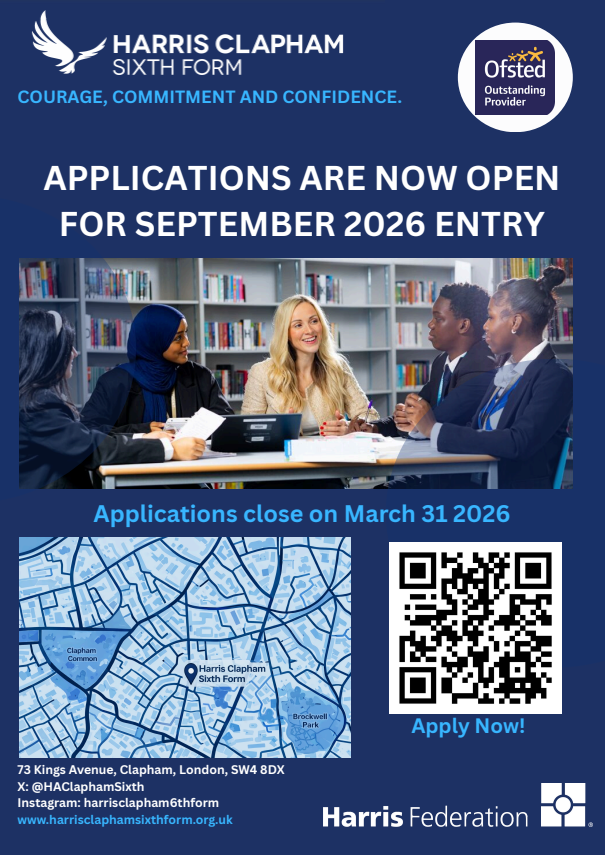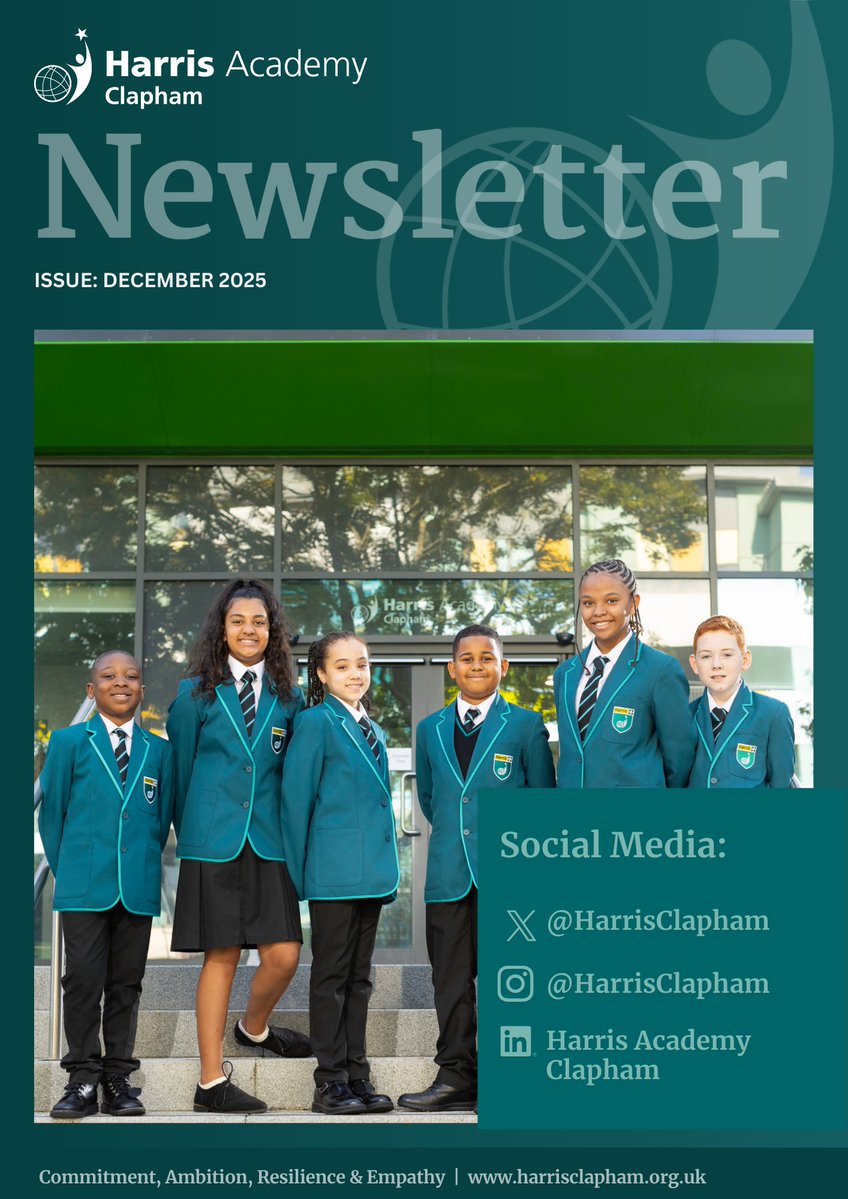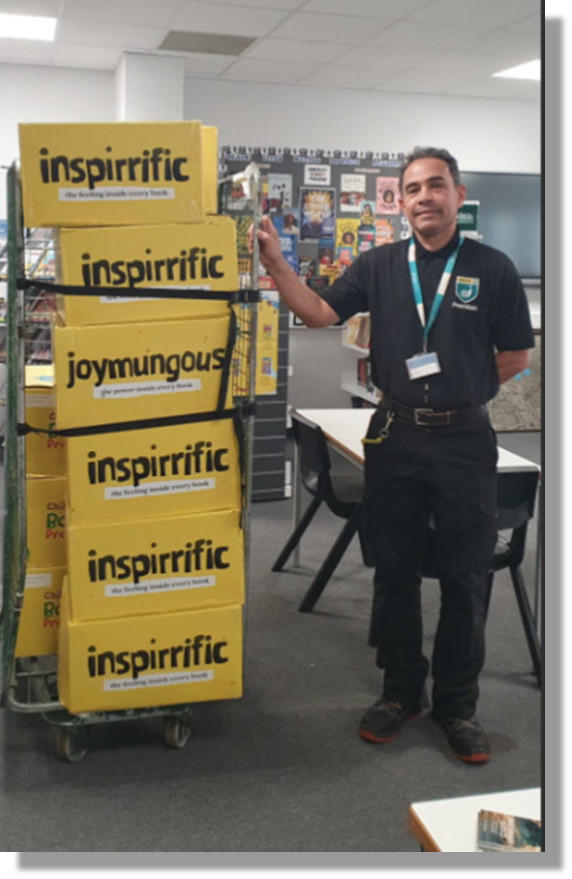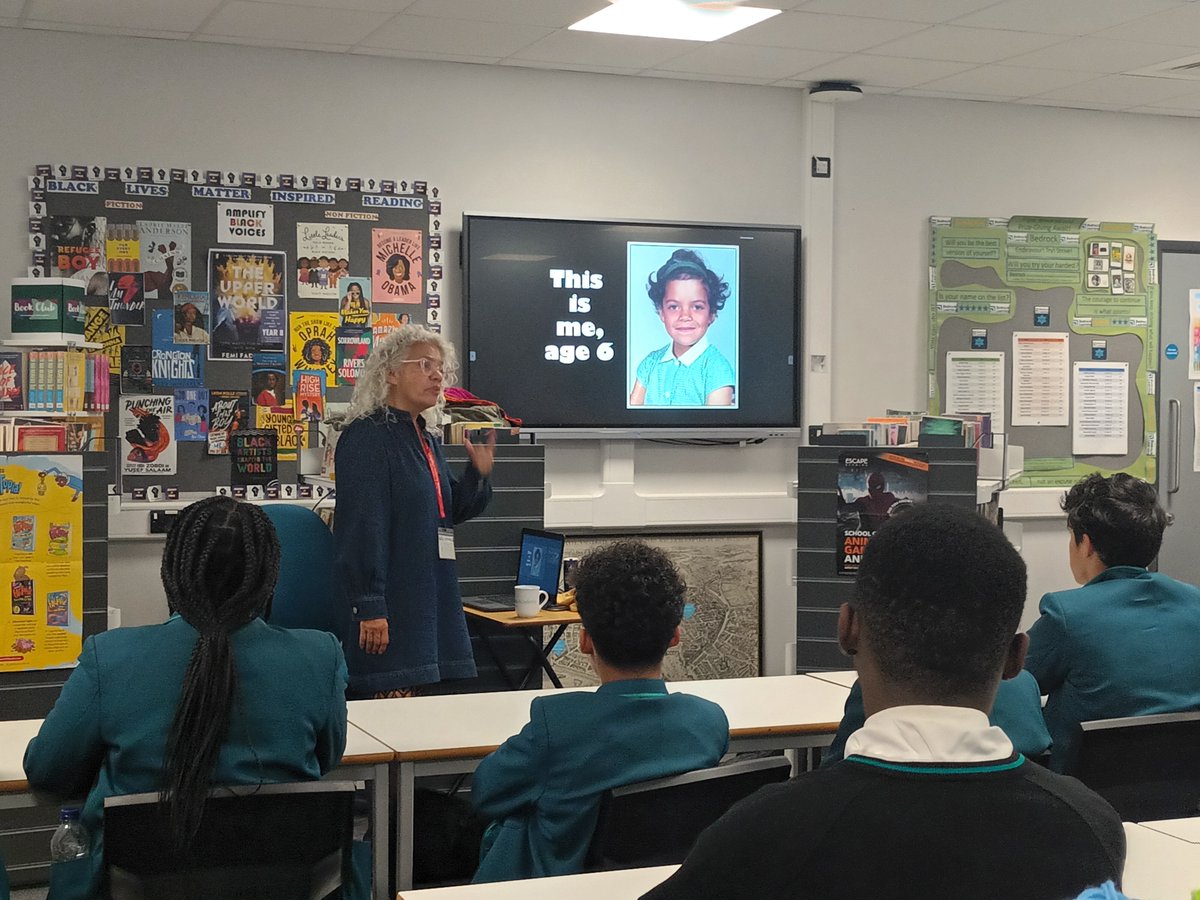Computing
Our students study computing because it is important economically, socially and culturally. Our curriculum aims to empower children to be active producers of technology rather than passive consumers.
We deliver a broad curriculum that is divided into three strands incorporating computer science, creative media and digital literacy. Computer science is about understanding how computers work. This includes writing code and developing computational thinking skills.
Creative media is concerned with creating products such as graphics, animations and websites using multimedia applications. Digital Literacy is using technology in a functional and safe way and consists of the basic skills that we all need to be able to participate fully in the digital world which includes using and communicating with technology in a safe and appropriate way.
Our computing curriculum aims to ensure that all pupils:
-
can understand and apply the fundamental principles and concepts of computer science, including abstraction, logic, algorithms, and data representation
-
can analyse problems in computational terms, and have repeated practical experience of writing computer programs to solve such problems
-
can evaluate and apply information technology, including new or unfamiliar technologies, analytically to solve problems
-
are responsible, competent, confident, and creative users of information and communication technology
Key Stage 3
Pupils will be taught to:
-
design, use and evaluate computational abstractions that model the state and behaviour of real-world problems and physical systems
-
understand several key algorithms that reflect computational thinking [for example, ones for sorting and searching]; use logical reasoning to compare the utility of alternative algorithms for the same problem
-
use python programming languages, to solve a variety of computational problems; make appropriate use of data structures [for example, lists, tables or arrays]; design and develop modular programs that use procedures or functions
-
understand simple Boolean logic [for example, AND, OR and NOT] and some of its uses in circuits and programming; understand how numbers can be represented in binary, and be able to carry out simple operations on binary numbers [for example, binary addition, and conversion between binary and decimal]
-
understand the hardware and software components that make up computer systems, and how they communicate with one another and with other systems
-
understand how instructions are stored and executed within a computer system; understand how data of several types (including text, sounds and pictures) can be represented and manipulated digitally, in the form of binary digits
-
undertake creative projects that involve selecting, using, and combining multiple applications, preferably across a range of devices, to achieve challenging goals, including collecting, analysing data, and meeting the needs of known users
-
create, reuse, revise and repurpose digital artefacts for a given audience, with attention to trustworthiness, design, and usability
-
understand a range of ways to use technology safely, respectfully, responsibly, and securely, including protecting their online identity and privacy; recognise inappropriate content, contact, and conduct, and know how to report concerns.
Key Stage 4
The BTEC TECH Award Suit is an introduction to vocational learning. The qualifications give learners the opportunity to build applied knowledge and skills that show an aptitude for further learning, both in the sector and more widely. The focus is on building applied knowledge and skills to show aptitude and improving understanding of progression options so that learners who achieve one or more of the qualifications are equipped to go on to become work ready for an occupation post-16.
The BTEC Tech Award suite has been designed to meet the Department for Education (DfE) requirements for qualifications to be offered as technical awards for 14–16-year-olds.
The course is divided into three components. Pupils will be taught to:
-
Component 1: Exploring User Interface Design Principles and Project Planning Techniques
-
Component 2: Collecting, Presenting and Interpreting Data
-
Component 3; Effective Digital Working Practices
Documents
| Computing Curriculum | Download |























